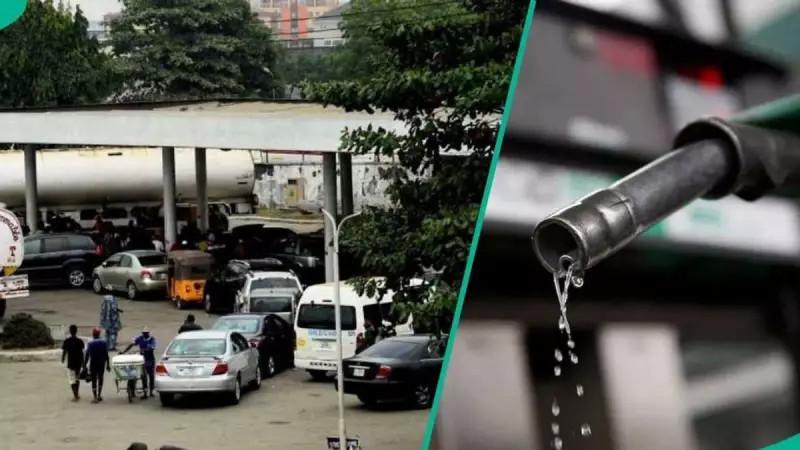
In a significant market development that's sending ripples across Nigeria's energy sector, fuel depot owners have initiated a dramatic price reduction campaign for petroleum products. This strategic move comes as a direct response to the competitive pricing pressure exerted by the newly operational Dangote Petroleum Refinery.
Market Forces Trigger Price Adjustments
The Nigerian oil and gas landscape is witnessing unprecedented competition as depot operators scramble to remain relevant in the face of Dangote Refinery's market entry. Industry insiders confirm that several major depot facilities have already implemented substantial price cuts, with some locations reporting reductions of up to 20-30% compared to previous rates.
Consumer Benefits Emerge
For everyday Nigerians, this price war translates to immediate relief at the pump. Motorists and businesses dependent on petroleum products are beginning to see the tangible benefits of increased market competition. The reduced prices are particularly significant given the recent economic challenges facing the country, offering a welcome respite from escalating transportation and operational costs.
Industry Transformation Underway
Energy analysts are describing this development as a watershed moment for Nigeria's downstream petroleum sector. The emergence of the Dangote Refinery as a major player is fundamentally reshaping market dynamics, forcing established operators to reconsider their pricing strategies and operational models.
"What we're witnessing is the beginning of a new era in Nigeria's energy industry," noted one industry expert. "The monopoly that previously characterized the sector is being challenged, and consumers are the ultimate beneficiaries of this healthy competition."
Regional Impact and Future Projections
The price reductions are initially most noticeable in regions with easy access to multiple depot facilities, but market watchers expect the trend to spread nationwide as competition intensifies. Economic observers suggest that this development could have positive ripple effects across multiple sectors of the economy, potentially moderating inflation and stimulating economic activity.
As the situation continues to evolve, stakeholders across the energy value chain are closely monitoring how this price realignment will affect long-term market stability and whether the current reductions represent a temporary adjustment or a permanent shift in Nigeria's fuel pricing structure.





